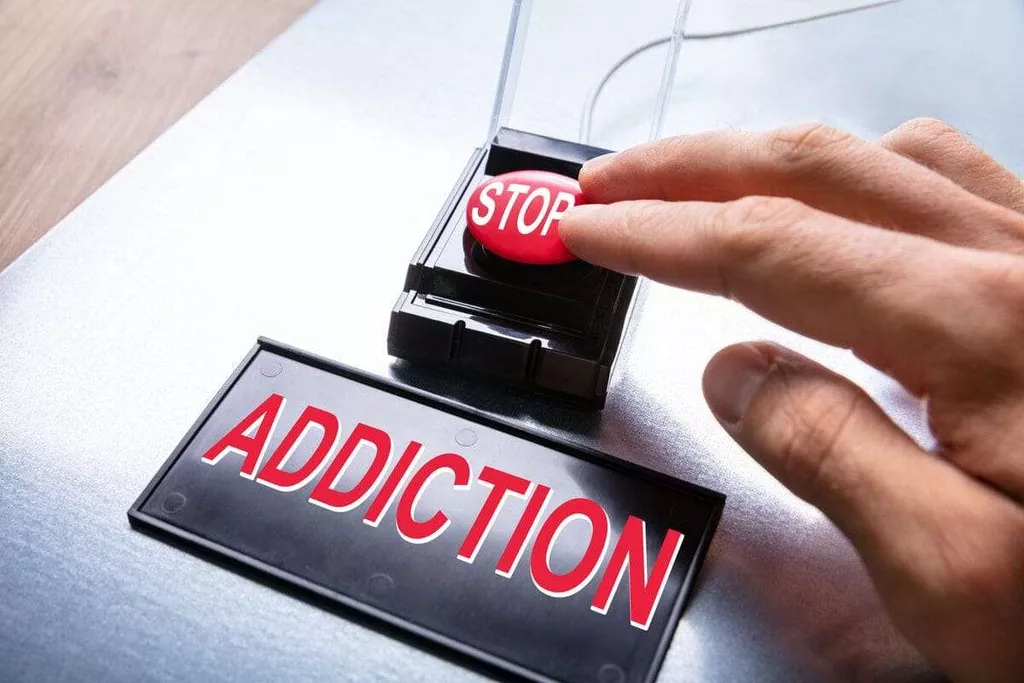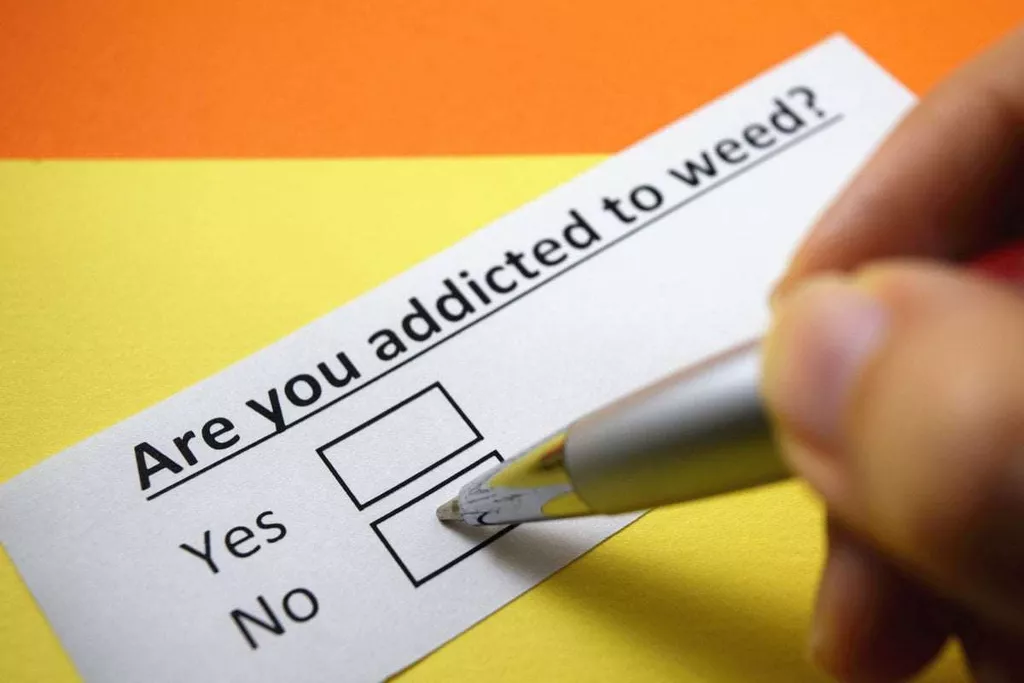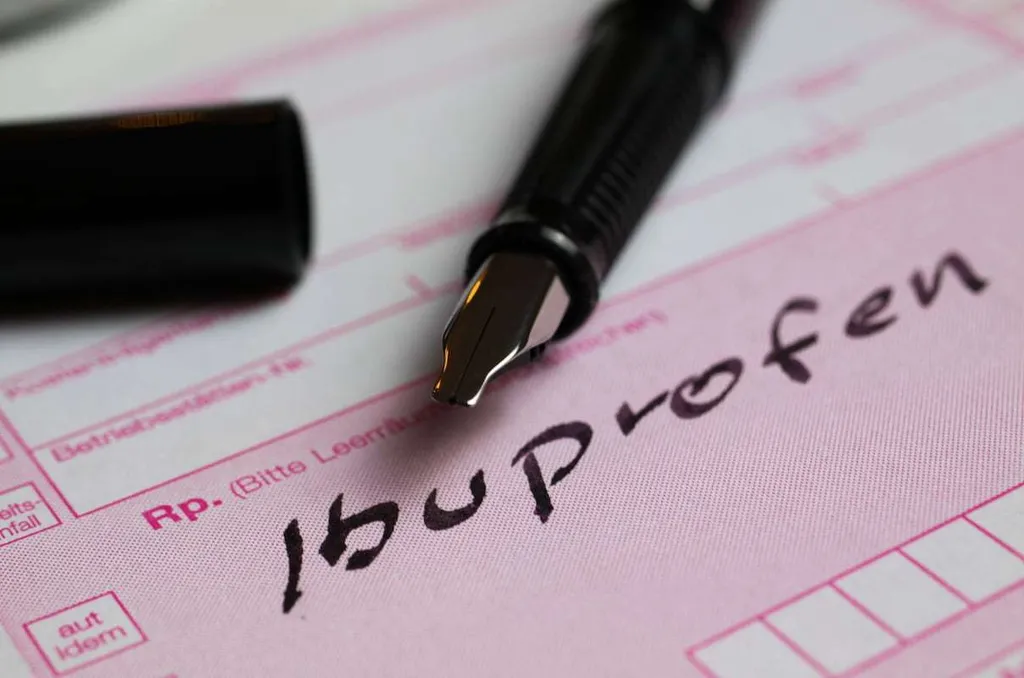
Rodríguez, a former Poet Laureate of Los Angeles, has written 16 books in all different genres. Writing letters to yourself is a beautiful way to heal and transform your perspective. Letter writing, or transactional writing, helps move you past things you thought you couldn’t get over.

Challenges of clichéd portrayals
Consider including content warnings in your story for potentially triggering material. It’s a small gesture that can make a big difference for your readers. Don’t shy away from the ugly details, but also remember to be kind to yourself as you revisit these memories. You’re not that person anymore, and that’s something to be proud of. Identify these key moments and give them the spotlight they deserve.

How to Write Your Addiction Story: A Guide for Courageous Storytellers
Clarifying your perspective will help you stay focused and ensure your lyrics resonate with your audience. Addiction recovery journaling is a great way to get to know the new you, as you transition from addiction through recovery to total freedom. Spend even minutes per day writing, to better connect with any Alcoholics Anonymous emotions you’re feeling, gauge where you stand in your recovery process, and even have a little creative writing fun along the way!
Three Journaling Resources
- Make a list of all the things you are grateful for and could not imagine not having in your life.
- You could choose to write about a childhood friend or someone you lost.
- While personal experience can be a valuable asset, it’s not necessary to have struggled with addiction to write about it.
- Their viewpoints can help readers understand the broader impact of your addiction and recovery.
- In this linguistic dance, writers become cultural translators, infusing their stories with the vibrant pulse of authenticity that resonates with readers on a profound level.
Explore any co-occurring mental health issues that may be related to your addiction. This post contains some of the best addiction journal prompts. For example, if you share that you hit rock bottom when you lost your job, be honest about the fact that you were fired for showing up to work high and you didn’t quit your job. This may not be the most glamorous detail, but it is an important one. It shows the raw reality of addiction and how it can affect every aspect of your life.
Journal Prompts for Self-Forgiveness
The Diagnostic Statistic Manual of Mental Disorders (DSM—5) is the guidebook created by the APA to diagnose mental disorders. The manual classifies any substance addiction as a “substance use disorder,” with 3 subclassifications (mild, moderate and severe), depending on the symptoms. There’s enough shame and stigma surrounding substance use disorders, which can prevent people from getting the treatment they need. Use your words and content to give people and their loved ones information and support. They tend to gloss over the experience of living with a substance use disorder — or portray it as entertaining and exciting. Rarely does the entertainment industry depict the shame, embarrassment and stress a person experiences when living with or recovering from this disorder.

Addiction Recovery Journal Prompts
While this is your story, it’s likely that other people played significant roles in your journey. When writing about others, be mindful of their privacy. Consider changing names or identifying details, or better yet, ask for permission if you plan to include specific incidents involving them. Think of it like making a sandwich – your personal story is the juicy filling, but the factual information is the bread that holds it all together. Akbar’s chapbook, Portrait of the Alcoholic, chronicles this complex journey toward sobriety. Specifically, Akbar writes about alcoholism through the lens of his Muslim identity and Islamic traditions.

She knew it would be stillborn but chose to go through labor instead of having the baby cut out of her. Two days later, she was back in class, writing about the birth. A few of the writers we’ve worked with have won awards in the PEN Prison Writing Program. Eric, a talented young man who took creative writing classes with us while in the Allegheny County Jail, is one of them. We published one of his stories in our annual Words Without Walls anthology and encouraged him to submit it to the PEN contest. His piece won second place, and when he was released from jail, he was invited to do a reading in New York City with Joyce Carol Oates.
- It’s important to start by acknowledging the challenges you’ve faced.
- Clinically, Warren has developed a therapeutic skillset that utilizes a strengths-based perspective, Twelve Step philosophies, Cognitive Behavioral Therapy and Motivational Interviewing.
- It helps to break the stigma surrounding addiction by highlighting its complex nature and challenging misconceptions.
- List three reasons why you want to overcome your addiction.
- It’s a daring dance with creativity, where the writer refuses to rely on tired tropes and instead crafts characters that resonate with the rich diversity of human experiences.
- This will help you develop empathy and gain a more nuanced understanding of the emotional complexities involved.
Setting and Achieving Goals
Relapse, or returning to addictive behavior after a period of sobriety, can happen. It’s important to understand that relapse is not a failure but a part of the recovery process. I am ready to face my addiction and take steps toward recovery. The environment you choose can make a big difference in how honest and open you are in your letter.
- By writing down your experiences, you can gain insights into the patterns that contribute to your addiction.
- Addiction can have detrimental effects on both physical and mental health, exacerbating existing issues and causing new ones.
- Create a feedback form with specific questions about clarity, emotional engagement, and pacing to guide the feedback process.
- I’ve often heard people who don’t ordinarily write grumbling about being asked to do so during treatment groups, but I have never, ever seen a blank page at the end of the process.

This reflective process can illuminate the underlying causes of their addiction, facilitating a journey toward self-discovery and personal growth. Challenge stereotypes by presenting a diverse range of characters. Highlight the humanity behind the addiction, emphasizing that individuals struggling with substance abuse are not defined solely by their challenges. Promote empathy writing about addiction and understanding, steering clear of judgmental narratives.
